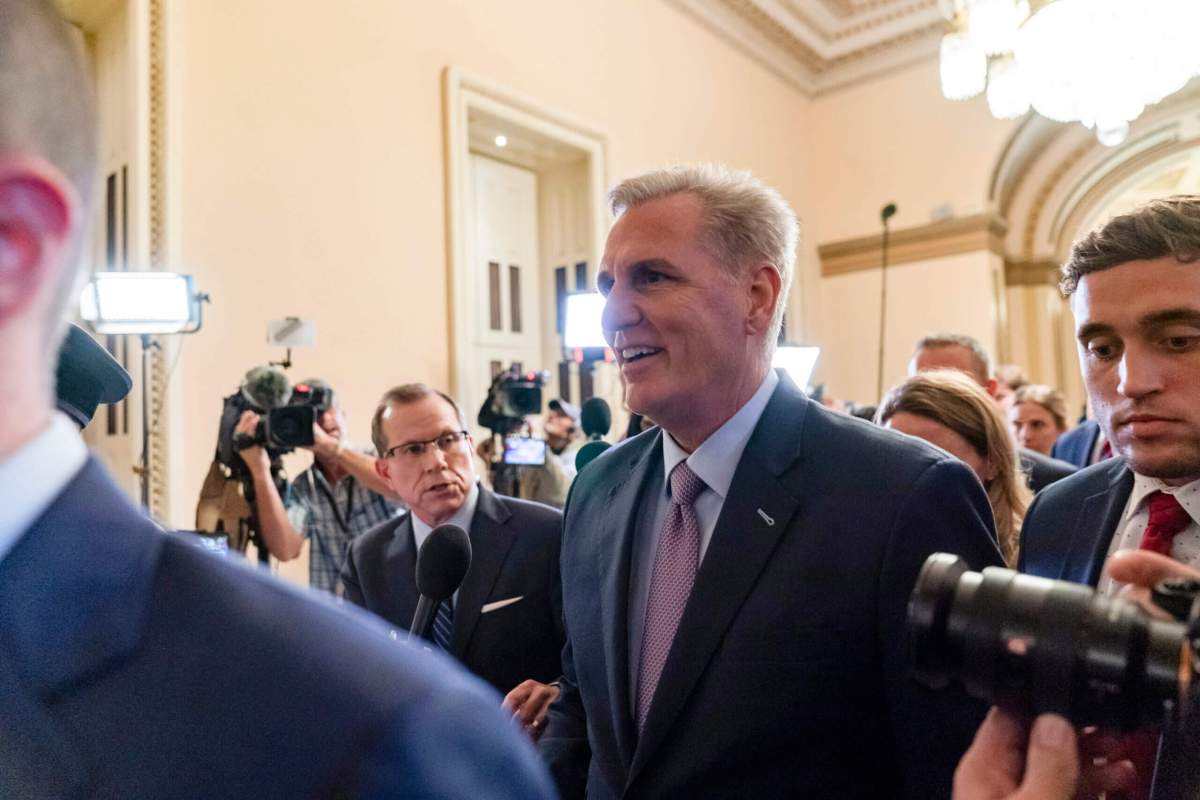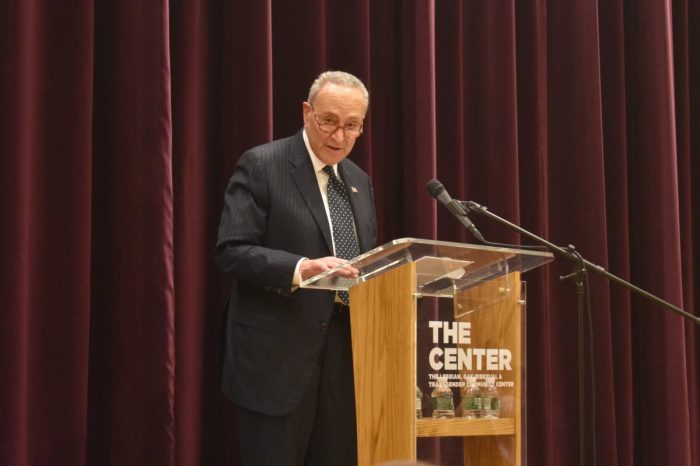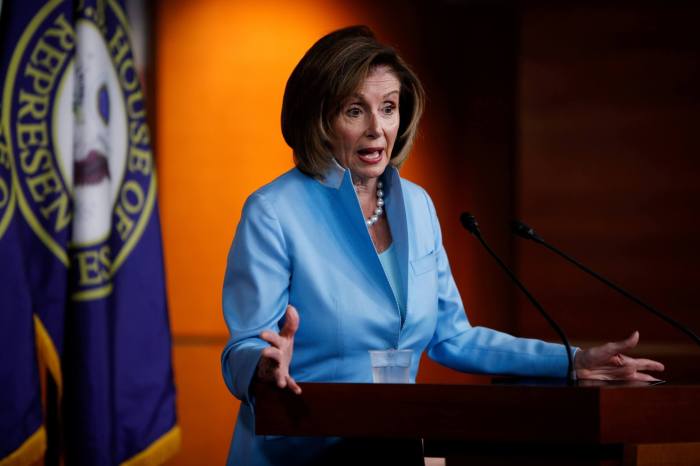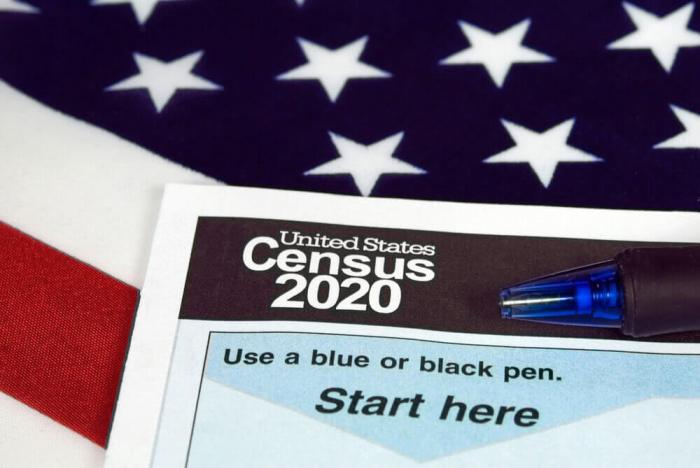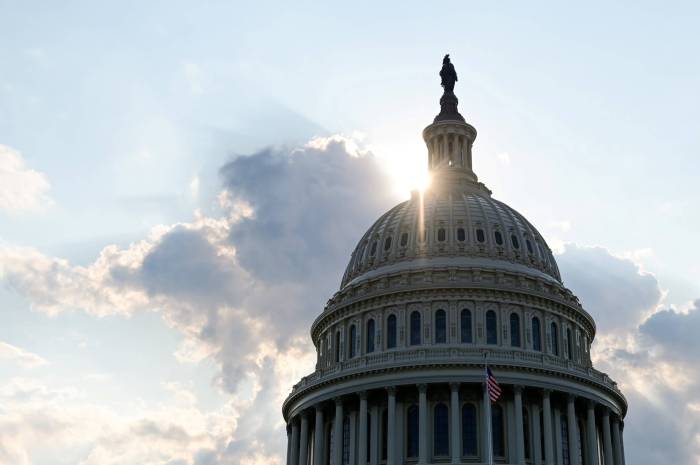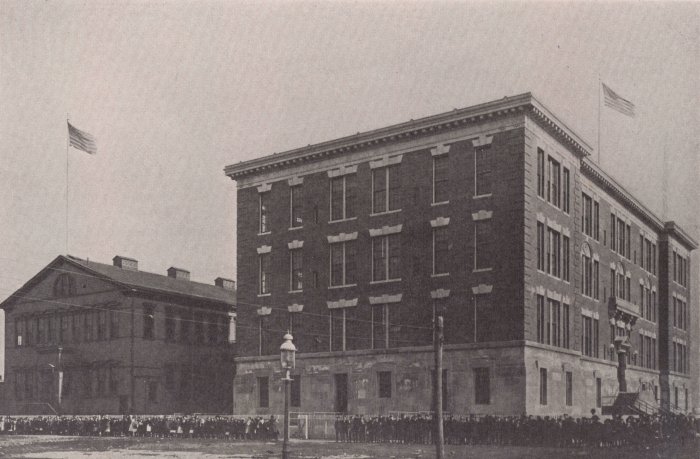Lawmakers who had been sitting in stunned silence gasped at the declaration: The office of speaker “is hereby declared vacant. ”
For the first time ever, a House speaker had been voted out of the position, plunging Congress into a new degree of turmoil. “Now what?” someone in the chamber yelled out.
Rep. Kevin McCarthy, the California Republican who has survived decades of upheaval in Congress, had projected a sense of cool as he strolled out of his office just hours earlier, still speaker. But when he exited the House chamber, no longer with the gavel, he walked in silence.
He left a House roiling. Lawmakers fled the chamber after the vote, some speechless at what they had witnessed. An essential body of American democracy no longer has an elected leader, the latest moment of testing for an institution grappling with aftermath of the Capitol siege on Jan. 6th, 2021, a Republican Party at war with itself and the United States’ contested role in global leadership.
Where the House goes from here, no one can say.
Tempers are red hot in Washington and across-the-political-aisle relationships — endangered but crucial in times of crisis — have all but collapsed.
The House faces pressing questions of how to avert a government shutdown, whether to continue to fund Ukraine’s defense against the Russian invasion and whether to proceed with an impeachment inquiry — unprecedented in many respects — into President Joe Biden. Meanwhile, procedural weapons Congress once reserved for the most dire offenses — censure, expulsion, impeachment and now the motion to vacate the speaker’s chair — have become common.
Many Republicans were left in a state of total exasperation, having begged their colleagues not to follow through.
“If we vacate the chair, the government will shut down. Our credit rating will go down; interest rates will go up,” Rep. Brian Fitzpatrick, a Pennsylvania Republican known for working with Democrats, warned hours before the vote to oust McCarthy. “Ukraine will be victimized and lose that war to Russia. That is what is at stake here. Not to mention the institutional erosion that will occur.”
McCarthy, who had managed to hold his conference together for nine months by taking a defiant stance toward the rest of Washington, insisted on fighting to hold on to his speakership to the end. He told Republicans at a morning meeting that he wanted to get on with the motion to vacate vote and insisted he would not give Democrats any concessions to save his job.
Bring it on, was McCarthy’s message.
He seemed to have a chance of surviving: Most Republicans rallied around McCarthy as they met in the Capitol’s basement, giving him several rounds of applause.
But Democrats, at their own meeting in the Capitol’s sub-levels, played through what they see as the black marks of McCarthy’s record: how he had continued to support former President Donald Trump even after a mob of his supporters stormed the Capitol and how he had catered to his party’s right wing during his nine months as speaker.
In the end, they united around Democratic Leader Hakeem Jeffries and decided to wash their hands of what they cast as a Republican problem.
“Kevin McCarthy brought this madness upon himself,” said Rep. Jamie Raskin, a Democrat from Maryland, citing how McCarthy had agreed to allow any one member to bring the motion to vacate as part of a deal with right-wing lawmakers to win the speaker’s gavel in January.
“There seems to be a major political party now addicted to insurrection, rebellion, overthrow and not to governance.”
As the House gathered for votes in the afternoon, Rep. Matt Gaetz, the bombastic Republican who initiated McCarthy’s ouster, sat in the chamber’s front row, ready to make his case. McCarthy stood just feet behind him, nodding and smiling to his fellow Republicans, but refusing to acknowledge Gaetz’s presence.
After it became clear from a first procedural vote that Democrats would not save him, McCarthy settled into his seat for the hourlong debate over his future. He glanced at his phone; he ran his hands over the wooden arms of his chair. But he declined to speak in his own defense, instead dispatching his closest allies to defend his record.
“Chaos is Speaker McCarthy,” Gaetz said on the floor, suggesting a series of reforms could make Washington work better. But insults and personal slights — bottled up for months and years among Republicans — soon exploded onto the House floor.
The normally raucous chamber — filled with hundreds of lawmakers — grew somber and hushed as the roll call vote began. One by one, for nearly 45 minutes, lawmakers rose and stated their vote. Republicans hung their heads as eight of their colleagues and every Democrat voted to remove McCarthy. He was out.
McCarthy smiled as the House clerks tallied the vote. A few moments later, he was no longer speaker and one of his closest House allies, Rep. Patrick McHenry of North Carolina, became caretaker of the speaker’s gavel.
“Shocking … just the finality of it,” said Rep. Michael McCaul, a Texas Republican who chairs the House Foreign Relations Committee. “We don’t have a speaker, we don’t have a leader and that’s the message that’s sending to our adversaries.”
Republicans and Democrats dispersed, reeling and grasping for their next moves. Republicans will try to coalesce around a new leader after McCarthy ruled out another bid to become speaker. They face a leadership vacuum and deep divisions, with many Republicans seething at Gaetz and those who joined with him.
McCarthy, for his part, took a chance to settle political scores. At a quickly assembled news conference after nightfall, he began by citing Abraham Lincoln and Teddy Roosevelt, but soon indulged himself with unflattering stories about his political rivals — both Republicans and Democrats — and suggested he would use his fundraising and political clout to target them.
He concluded the extended banter with reporters with a barbed farewell: “I’m sure I won’t miss you.”



